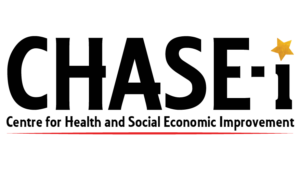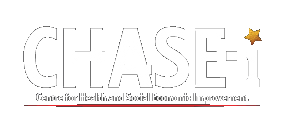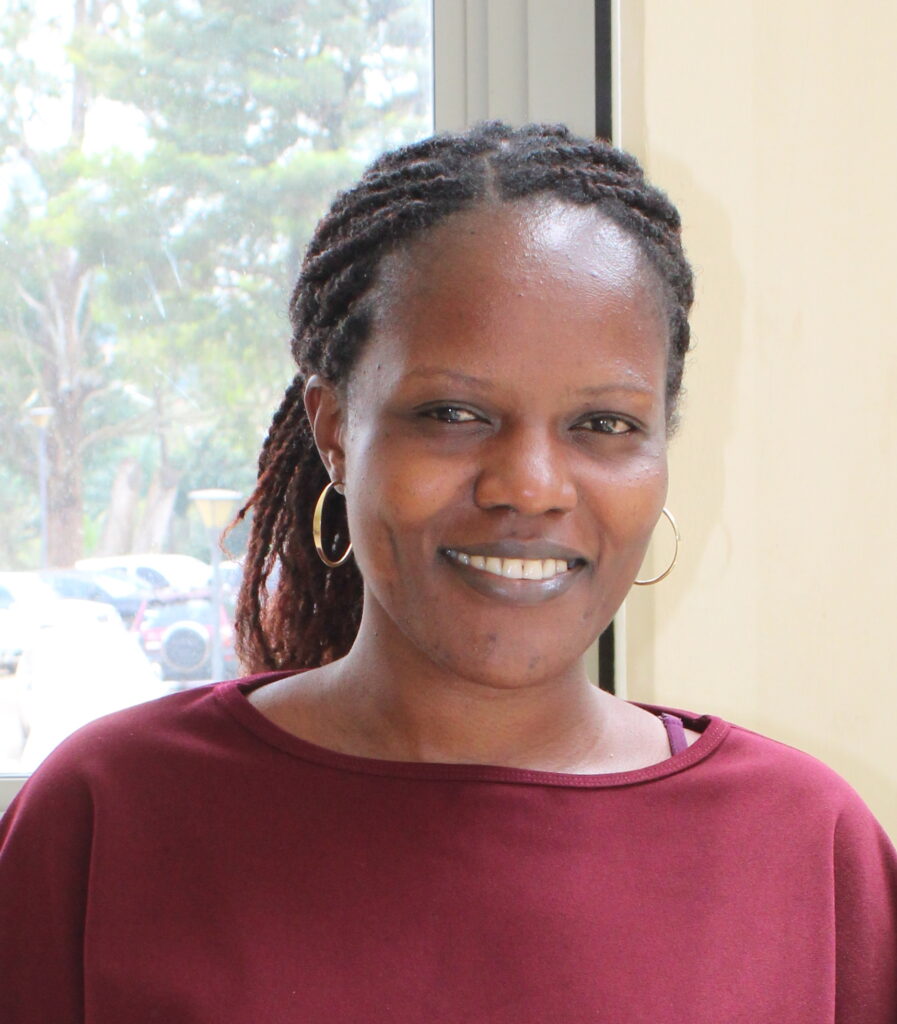Evidence-based Interventions against COVID 19: A shared interest for academia, humanitarian workers and public health authorities.
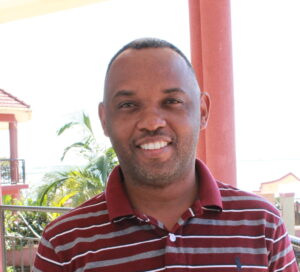
Andrew Masaba
- December 20, 2020
With the detection of COVID 19 in Uganda and in Adjumani refugee settlements, there was a considerable risk that COVID 19 will devastate the lives of refugees. The Lutheran World Federation (LWF) rapidly responded to build the refugee community capacities to prevent the spread of COVID 19 through a) provision of PPEs, b) increasing access to WASH services and c) SBCC to prevent risky behavior and encourage proper health seeking behavior among refugees in 19 settlements in Adjumani district. The LWF’s Country Strategy of 2019-2024 underpins the importance of strategic partnerships as a key element of learning and programmatic improvement. It also highlights that LWF will employ the partnerships model of “to lead or be led” – that is, take leadership in initiatives where there is a clear unique advantage for LWF while in other situations be led by other actors with a competitive advantage. This formed the basis for LWF’s acceptance to join the consortium involving Makerere University (MUK), Gulu University (GU), The Agency for Cooperation and Research in Development (ACORD) and Ministry of Health (MoH) to conduct research on COVID-19. In the face of a global pandemic like COVID-19, it is a difficult and a multi-faceted task to enlist academics, humanitarian actors and health authorities in a combined research effort. The operational priorities, inter and intra organizational bureaucracies are among the key barriers to this process.
Rationale for the Partnership
From the conceptual stage of the REFLECT study, the design focused on building a strong research partnership based on complementariness of each partner. The partnerships were strategically formed to eliminate barriers like the reduced uptake of the research findings. Figure 1 below shows the different roles played by different partners at different stages of the study.
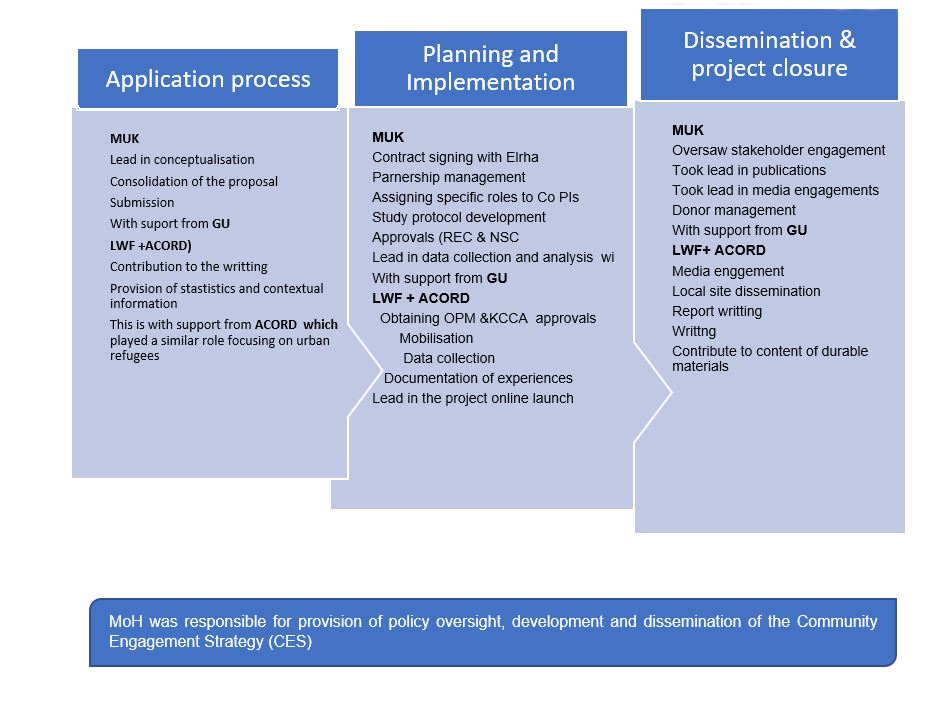
Figure 1: Main roles and responsibilities of partners at different stages of the research
The Value of this Partnership to LWF
LWF has benefitted in this partnership in the following ways;
- The partnership with the academia offered an opportunity for a deeper reflection into LWF’s work and program improvement. This reinforced the evidence-based programing.
- Increasing LWFs visibility nationally and internationally. We got to directly interface with several national and international actors for the first time.
- Having an insider understanding of the priorities of the MoH in the COVID pandemic as a policy maker. This was viewed as an opportunity to start a long-term collaboration which will potentially lead to direct future partnerships.
- Developing a long-term collaboration involving individual and institutional learning between the LWF and other humanitarian actors.
- Listening to the refugees’ perspective provided an opportunity to reflect on the relevance and efficacy of LWF’s interventions during the COVID 19 pandemic.
- Further, as a multisectoral partner LWF was also interested in knowing how the knowledge, attitudes and practices (KAP) during this time would impact on the previously achievements registered in other sectors such as protection and livelihoods.
Lessons learnt: Tremendous lessons were embedded in the whole study process from initiation to dissemination of the study. Key among them include;
- LWF had a lot to learn regarding research process, dissemination of her work and findings. We have learnt that dissemination is not just for fellow humanitarian workers, but should also target national actors like line ministries, funding agencies and the persons of concern.
- Multilayered dissemination involving the ‘loop of eight’ (communities, national, international partnerships- e.g., webinar organized by Elrha/R2HC) offered an opportunity to reflect further on COVID-19; and locate our own study in different and larger studies being conducted elsewhere.
- The dissemination also presented a unique opportunity to understand the priorities of different actors. At the same time actionable recommendations were presented to different stakeholders in different levels.
- It is critical to generate durable products from research studies (what else could be produced)
The findings and engagement process of the REFLECT study underscore the critical need for intervention studies and interventions involving policymakers, implementers, academia and local communities. This kind of partnership presents an opportunity to embark on a multilayered approach to addressing a common problem from different levels.
This maiden partnership with Makerere was the first of its kind. Our institutional relationship dynamics have significantly shifted because previously LWF would hire Makerere researchers mostly as consultants on its projects. Working together as partners on REFLECT has changed our perspective and we look forward for more partnerships to come – especially those focused on addressing issues important to both our institutions. However, we have also learnt to work with other humanitarian actors; and critical government stakeholders like MOH. It has been a steep learning curve but a good one and a great partnership. We look forward to extracting and implementing the actionable recommendations from the REFLECT Study; and growing this partnership further.
About the Author
Andrew is the Resource Mobilization and Partnerships Manager at the Lutheran World Federation (LWF). He is also a Co-Investigator on the REFLECT Study.
